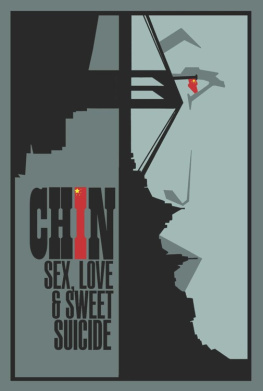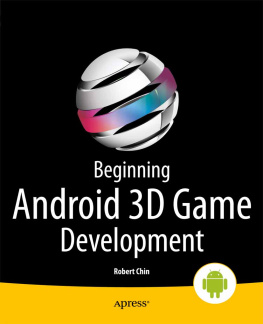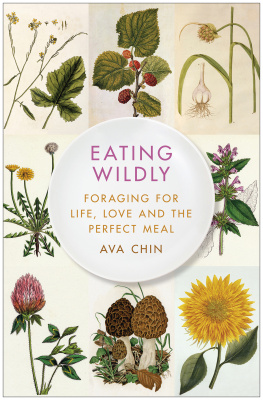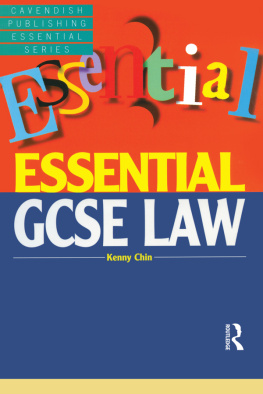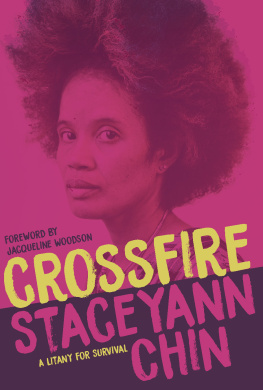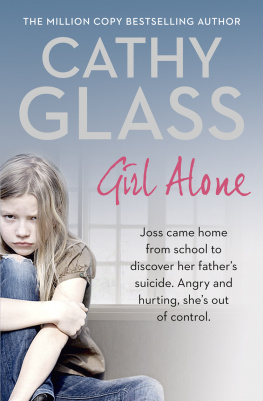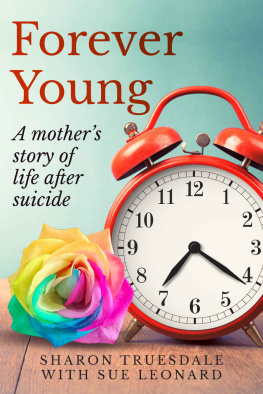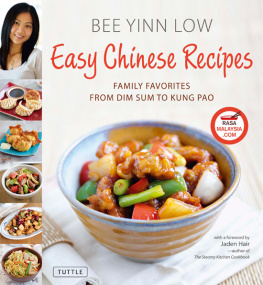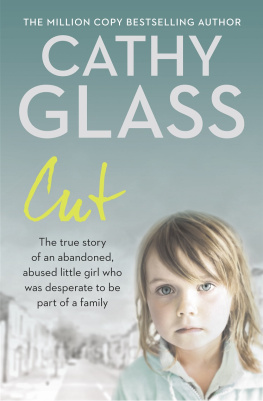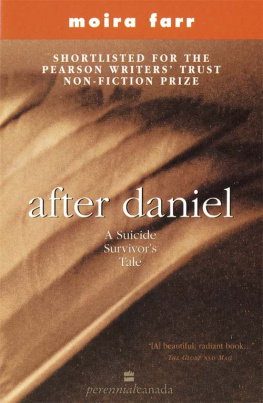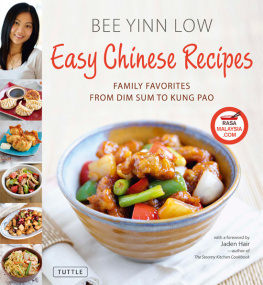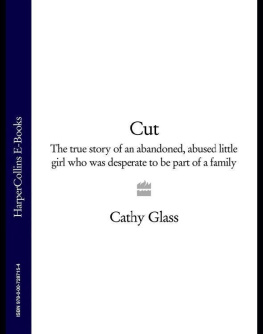Sex, Love and Sweet Suicide
by Chin
Publishers Foreword
Chin has written the story ofher life, from being orphaned in New York at the age of two, to her life at age 55.
It is an amazingly honest andbrave book, with tales that were heart-wrenching to write, and are gripping andsometimes shocking to read.
At one point, we thought itshould carry Clive James slogan: What seems fictitious is true and what seemstrue is fictitious, but we think this is all true, within the normal limits ofhuman memory.
Names of some people, placesand companies have been amended for the avoidance of embarrassment and in orderto protect the identities of those people who may not wish to be known.
Chin 2011
The author asserts the moral right to be identified
as the author of the work in accordance with the
Copyright, Designs and Patents Act, 1988.
All rights reserved. No part of this publication may bereproduced, stored in a retrieval system or transmitted in any form or by anymeans, electronic, mechanical, photocopying, recording or otherwise, withoutthe prior permission of Fledgling Press Ltd,
7 Lennox St. , Edinburgh , EH4 1QB
Published by Fledgling Press, 2011
www.fledglingpress.co.uk
Cover design by Melissa Wood
ISBN: 9781905916405
Dedication
This book would not have beenwritten without the support of my very loving, giving children and wonderfulfriends. This book would never been finished without the kindness of mypublisher and caring editor who guided me through each step. I thank themand dedicate my book to them with the deepest of love and affection.
Despite the craziness of mylife, despite the despairs and suicide attempts, I am here with a new foundhope in my heart. Remember to laugh daily and find the small things inlife a pleasure. I hope that anyone who reads my book finds the hope theyneed to survive a world that is ablaze in turmoil.
Chin, 2011
When the world says,Give up,
Hope whispers, Tryit one more time.
~ Author Unknown
Chapter 1 : A Street Urchins Life
I was a hungry five year old street kid whod dopretty much anything for food. I did what I thought was intelligent at thetime. Stealing from pushcarts and open grocery stands was part of mydaily activity. I wasnt a bad kid. Id share with other abandonedkids if I took too much. Some foods spoiled so it was either toss it orshare it. I was never one to toss anything out. It was also a gamesometimes to see how much I could steal but first it was survival. Itwasnt like the foster homes didnt feed me but it was only two meals a day andif you didnt eat fast enough the other bigger kids took your food. Therewere no second helpings. There was no one to complain to about someonetaking your meal. That was just the way it was. Pretty soon youlearn to gulp down half-chewed food or take from other less competitive smallerkids. I was, and am, a survivor.
Theres an epic Chinese legend over 2,000 years oldhanded down from mother to child, written in poems, essays, and operas andstill studied in Chinese schools today. It is the legend of a girl whogoes to war in place of her elderly father. She fights in a bloodycampaign for several years and when its over, the emperor of China invitesher to court. He wants to reward her for her outstanding heroic servicebut all she asks for is a good horse to return home. Once home shediscards her warring manly clothes and dons her silk womans clothes much tothe astonishment of all her war comrades. Her name was Mu Lan and I wasnamed after her, after my fathers last opera. I believe he wanted me toemulate this warrior woman, to be strong and resilient. I believe my ownelderly father knew he would not live long enough to guide me through life andhe left me the only legacy he could, my name.
There was strong pungent Chinese incense burning infront of a large black and white professionally-taken photograph of an elderlygentleman; in the small tenement apartment crowded with people, some crying,some talking; lamenting the gentlemans death. Besides the smell, thesounds that I remember most are heavy sobs and a humming hush that stayedinside me through the years, a dream image that never leaves; though the imagehas faded over the decades its there none the less. I think I was twobut Ive no recollection before that image and only a brief memory atthree. The large photograph is of my father.
My father was an opera star, deep baritone or so I wastold by old men at the Tung On Association, one of the three major triads thatonce ruled New York City s Chinatown . Men at the association knew him back in China or sawmy father perform and all spoke highly of him as a gentleman and starperformer.
He was an amateur photographer and left me a few blackand white photos of himself. In almost all of the photos my father lookshandsome, arrogant, and debonair in his expensive well-tailored three piecesuit. Hes balding with a moustache and stands with a sexy attitude thatclearly comes across even in old photos. Is it indecent to think thatones father is sexy? If so, well, I guess Im guilty.
One large portrait with crumpled yellow edges showstwo couples, a Caucasian man and woman and my father and mother. TheCaucasian woman holds me aged two on her lap. Thisphoto shows a different man, much older, sickly thin and haggard. What washe suffering from and how did he get this way? I suppose in those daysthere wasnt any health insurance for immigrants. Actually, there stillisnt health insurance for the people who come to this United States to escape whatever horrors there are in their homeland.
The Caucasian couple were Italian and eventuallychanged my life. They helped my parents name me, Rose Maria Isabella, and evengot me baptized in the Catholic Church.
Thats all I have, a few photos of my father. Images I used to stare at and caress as a young inquisitive child, often wonderingwhat itd be like to have this arrogant and handsome man for a father or justto have a father who would stand by me, guide me through life. I wonderedas an adult what type of father he would have been and what kind of daughterwould I have been to him. I wonder if I havent canonized my father butthen thats what we do sometimes when weve lost loved ones. There musthave been bad habits that drove others mad or maybe this father of mine was toogood to be true. I have often thought about this man and how different myfuture would have been, enfolded in his love, his touch and kind wisdom. Daydreams. Thats all it is, daydreams.
I never thought muchabout the woman in the photos, my mother, but I could see there was lovebetween my parents. Its all in their eyes. I dont know her realname, where she was born or how she came to be with my father. Someoneonce told me that she was a groupie and followed my father around the countrybut I dont really know the truth. I dont even know her real age or ifshe had family back in China . She abandoned me when father died and I neverknew why but I blamed myself for his death and her leaving me. In somephotos shed be smiling wide with her hands resting on his shoulders as he satposing for the photo. You could see he was definitely the dominantone. In some photos she looks really put upon, as if she didnt want tobe bothered being photographed or maybe she was angry about something in herlife. She was a beautiful woman, angry or not, and twenty years hisjunior but I didnt know much about her until Id meet her later at ageten. Theres something in these black and white photos that captures theessence of the man I wish I had known at least for a little while, just longenough to remember a hug, his scent or the sound of his operatic voice.
My parents came to this country with an opera troupedespite the Chinese Exclusion Act of 1882, which removed immigration and mostcivil rights from Chinese until 1943. The Chinese couldnt be naturalizedor own property or businesses. Most people dont even know about it orthat there was even such a law. The Chinese Exclusion Act lasted from 1882 and was finally suspended in 1965, a total of 83 years in this country. During that time you could comehere if you had wealth or position and I think my father had both. Idont know the specifics of the type of visas they used but I do know that mymother had false papers with a fake name - Mary Wong and her false paperssaid she was a seamstress. Most immigrants coming over here had falsepapers with fake names and backgrounds. It was the only way to get intothe States, or the immigration people misread their names, for instance theChinese use their last names first, like mine is Chong Mu Lan, last name first.
Next page
